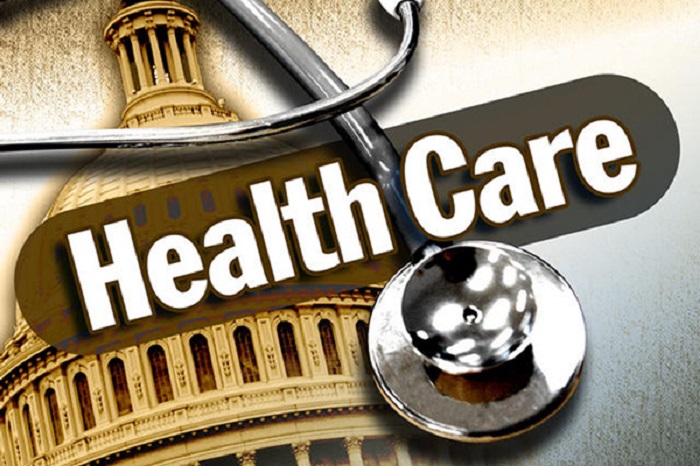Robert F. Kennedy Jr. is setting his sights on a transformative overhaul of America’s food system, aiming to combat the unhealthy ingredients and ultra-processed foods he believes contribute to the nation’s health crises. As President-elect Donald Trump’s nominee for Secretary of Health and Human Services, Kennedy would oversee a vast department, including the Food and Drug Administration (FDA), which plays a critical role in food regulation.
Kennedy’s focus on food and nutrition has garnered attention, particularly given his controversial views on public health, including his anti-vaccine stance. However, experts largely support his efforts to address the food industry’s impact on health. The primary challenge he faces? Funding.
The FDA’s food division operates under a constrained budget, significantly less than its drug counterpart, which benefits from user fees from pharmaceutical companies. According to Jerold Mande, a former FDA senior adviser, only $25 million of the FDA’s billion-dollar food budget is allocated to nutrition and chronic disease initiatives. “There’s almost no money for it, and that is the No. 1 barrier,” Mande stated.
In stark contrast, the food industry invests nearly $14 billion annually in advertising, predominantly promoting fast food and sugary products. This disparity makes it challenging for consumers to make healthier choices amidst powerful industry influences. “The food industry is so powerful,” noted Elisabetta Politi, nutrition director at Duke Diet and Fitness Center.
Despite these hurdles, experts believe that change is possible. Marion Nestle, professor emerita at New York University, highlighted successful public figures like former First Lady Michelle Obama, who initiated campaigns for healthier eating. The current FDA commissioner, Robert Califf, has also prioritized food safety and nutrition since his return to the agency.
Recent actions by the FDA include banning brominated vegetable oil—a controversial additive—and proposing new front-of-package nutrition labels. However, progress is often slow due to bureaucratic challenges.
Kennedy’s success will hinge on his ability to navigate the complexities of public health agencies and garner support from allies within the administration. He may need to collaborate with the food industry as well, which has remained relatively quiet during this transition period.
A pivotal opportunity lies ahead with the development of the 2025 Dietary Guidelines for Americans. These guidelines will shape nutritional standards for years to come and could reflect Kennedy’s vision if he can leverage his position effectively.
As Kennedy embarks on this ambitious journey, the path forward will require strategic alliances and innovative approaches to reshape America’s dietary landscape.
Read more:
- UnitedHealth’s Controversial Practices Raise Alarm Over Mental Health Coverage
- Possible Bird Flu Case Reported In California Child With No Animal Contact
- Public Health Advocates Call For Urgent Ban On Menthol Cigarettes Amid Political Delays


